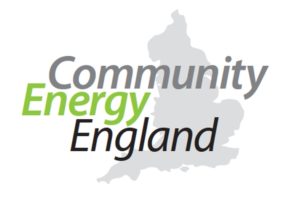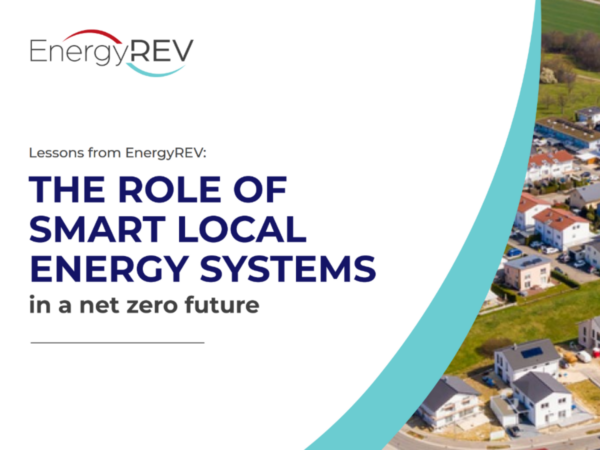‘Building local economic resilience through democratic local energy models’
Project duration: May 2016 to December 2017
Changes in government policy have made it much more challenging for community energy groups to deliver projects.
We engaged extensively with our community energy network following policy changes in 2015. Despite the challenging policy environment, our experience was that, far from giving up, community groups were even more determined to innovate and find new ways to deliver their energy projects to address climate change, social and economic concerns.
We received a grant from the Friends Provident Foundation to support three community groups to develop new business models in community heat, energy storage and local supply.
Working in partnership with Forum for the Future, 10:10 and Community Energy England, we reviewed UK and international local energy models. We invited community energy organisations across the UK to come forward with ideas, and selected three front runner post-FIT projects, working with these groups intensively to explore the viability and develop replicable business models.
The models explored in depth were:
- Battery storage co-located with existing PV arrays, with Plymouth Energy Community (PEC)
- Microgrids, with Easton Energy Group (EEG), Bristol
- Community owned heat, with South East London Community Energy (SELCE)
The project aimed to generate as much learning as possible, and to share it with community energy groups, policy makers, regulators and other stakeholders nationally. Specifically, the project produced:
- A white paper that identifies key barriers to front runner models being replicated, and recommendations to overcome them
- A summary report for the learning from PEC, EEG and SELCE
- A spreadsheet based ‘Ready Reckoner’ tool that illustrates how battery storage could impact onsite generation consumption and its viability
You can read the white paper here.

![]()








